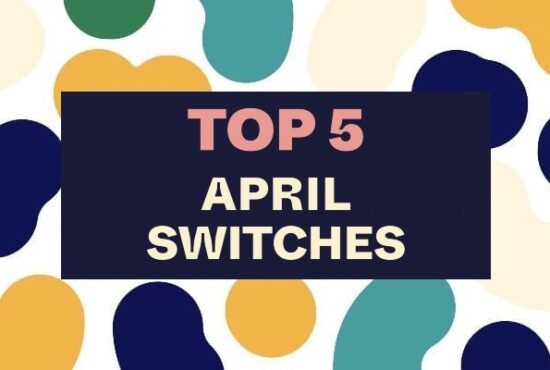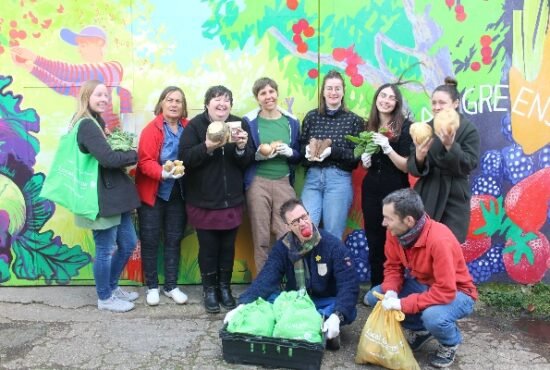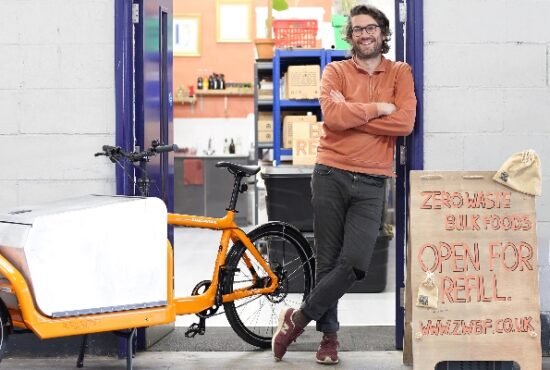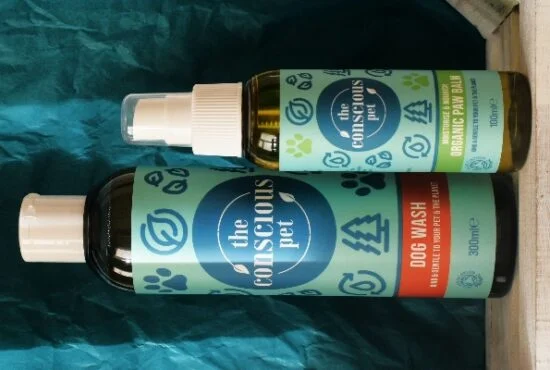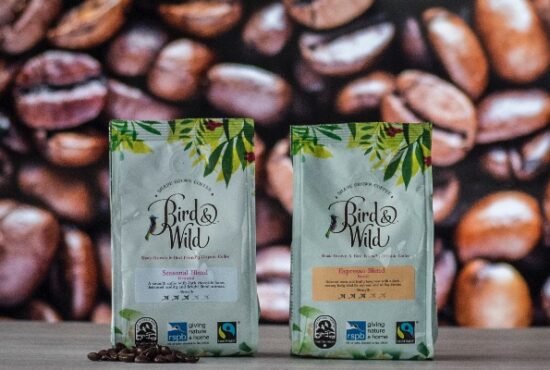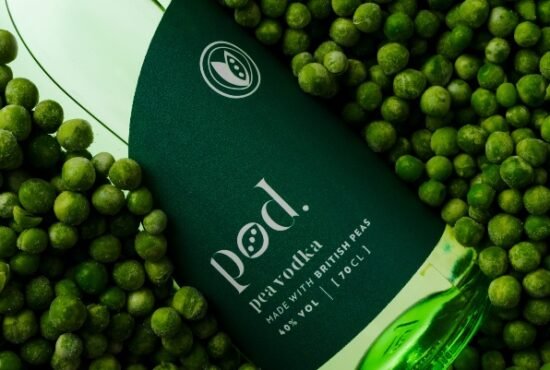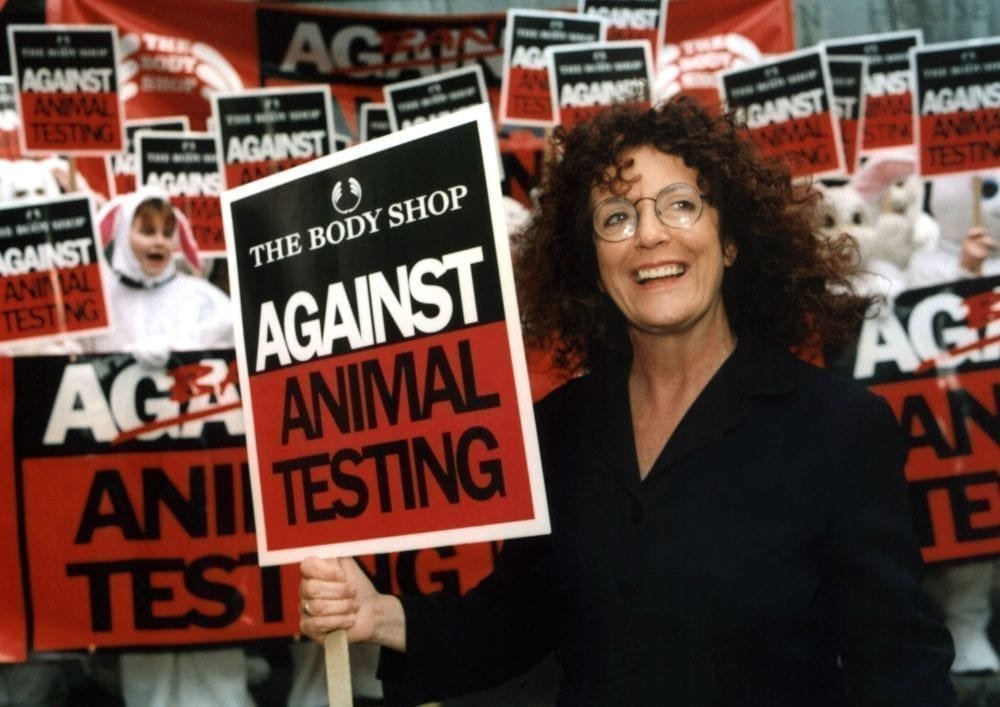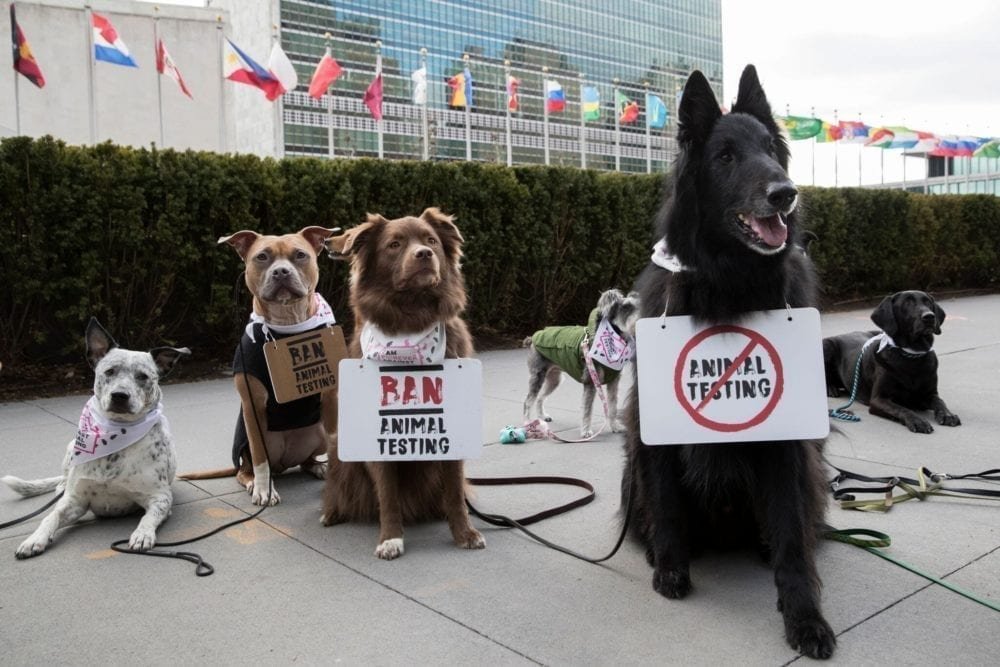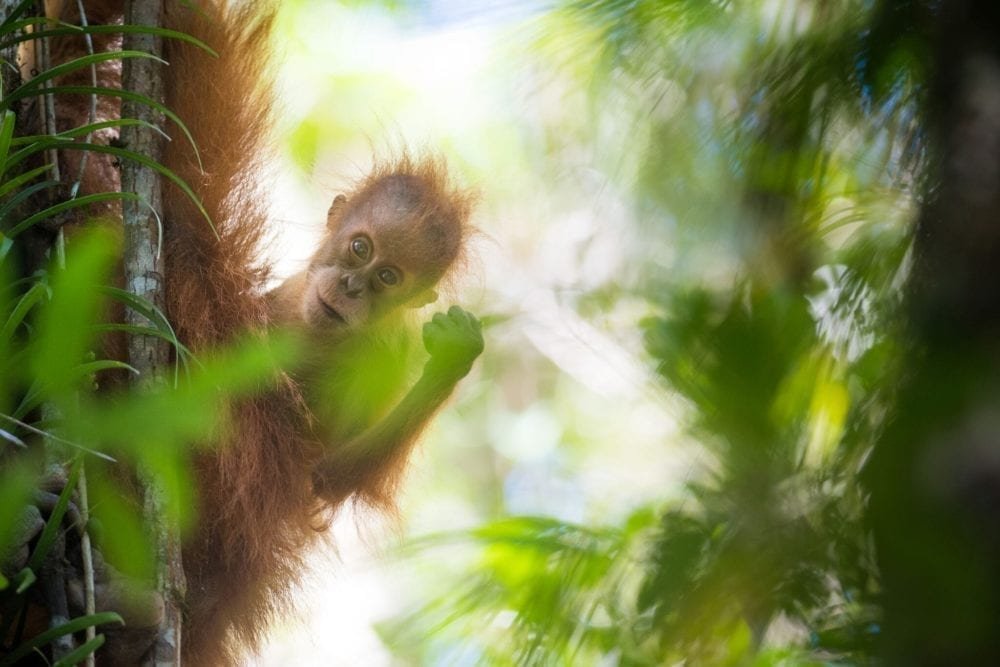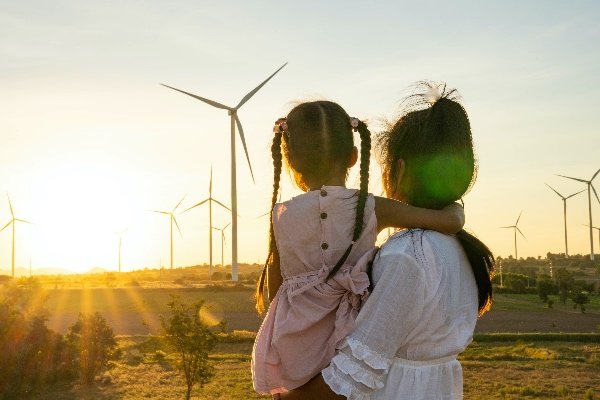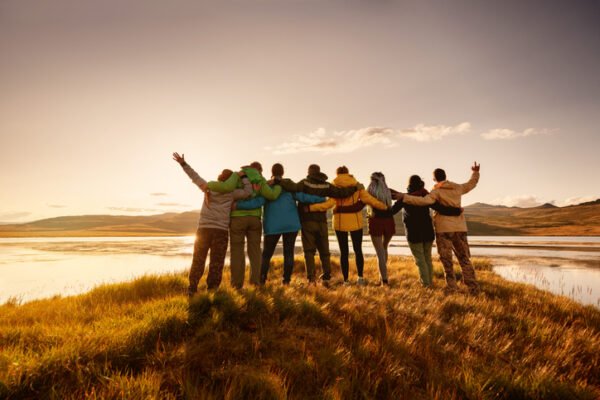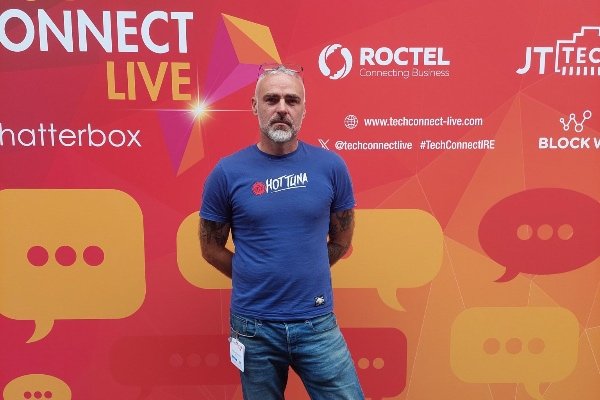This article first appeared in our spring ’18 issue of MyGreenPod Magazine, The Conscious Revolution, distributed with the Guardian on 04 May 2018. Click here to subscribe to our digital edition and get each issue delivered straight to your inbox
Anita Roddick founded The Body Shop in Brighton in 1976. It was a small operation – one of the reasons Anita encouraged recycling was reportedly because she didn’t have enough bottles for her customers – with an emphasis on ethical products that were cruelty free.
In September 2017, The Body Shop came to the end of a decade under the ownership of cosmetics giant L’Oréal following a €1bn (£877m) deal with Brazilian cosmetics company Natura, which also owns the Australian brand Aesop. Together, the three brands form the cosmetics company Natura & Co.
The new ownership is good news for The Body Shop; Natura was recently named the fourteenth most sustainable company in the world by Corporate Knights, and in 2004 it became the first publicly traded company in the world to receive a B Corp certification.
Both Natura and The Body Shop have called the deal a ‘marriage’ rather than an acquisition, and a relationship designed to drive success in every aspect of the triple bottom line – people, profit and planet.
Anita’s legacy
Under Natura, The Body Shop is gearing up to return to the roots planted by Anita Roddick, a revolutionary visionary who laid the foundations for one of the high street’s earliest activist brands.
Natura’s founders met Anita Roddick in the early 2000s and were ‘very inspired’ by her; she’d opened The Body Shop at a time when it was unusual for brands to stand up for what they believe in. Anita was a disrupter and trailblazer who partnered with NGOs and campaign groups to stay informed about the issues the sector faced, then try to combat them.
Many of The Body Shop’s campaigns have questioned the acceptability of norms in the beauty industry; in 1998 Anita launched an attack on the beauty and fashion industries for depicting a particular look and size as universal beauty. She used a size 16 doll called Ruby and a slogan that read ‘There are 3 billion women who don’t look like supermodels and only 8 who do’.
The Body Shop’s Stop Sex Trafficking campaign (2009-2012) is also memorable; over 7 million signatures were collected for what was at the time the biggest petition ever brought to the United Nations. As a result of the petition and campaign, legislation on sex trafficking was changed in more than 20 countries.
Ending animal testing
But The Body Shop is perhaps most famed for its work to end cruelty to animals – a mission that began in 1986 with The Body Shop’s first major campaign: Save The Whale. Working alongside Greenpeace, The Body Shop campaigned against whaling and promoted jojoba oil as a substitute for spermaceti, which was then widely used in cosmetic products.
Cruelty-free cosmetics weren’t mainstream in the ‘80s, so The Body Shop worked closely with the campaigning group Cruelty Free International (then BUAV) to spread the word and promote alternatives to animal testing. The campaigns, fronted by Anita, encouraged the UK – and later the EU – to ban animal testing in cosmetics; while the practice still takes place, more and more customers think it’s unacceptable – and The Body Shop is still fighting to put an end to it, everywhere and forever.
The Body Shop recently embarked on its biggest campaign yet: Forever Against Animal Testing. The company is championing an end to animal testing globally, and wants to inspire 8 million people to sign its petition. In the 10 months following the campaign launch, the petition collected over 5 million signatures, making it the biggest ever campaign to end animal testing in cosmetics.
The European Parliament is set to vote soon on supporting a global ban on animal testing in cosmetics, and later this year The Body Shop and Cruelty Free International plan to present their petition to the United Nations, pushing for a global ban to end the cruel practice once and for all.
A force for good
The Body Shop was always underpinned by the philosophy that business can be a force for good, and that ethos is still alive in the company today – bolstered by its acquisition by a company that operates according to a very similar set of values. By working together, there’s huge potential for The Body Shop and Natura to amplify the impact of the campaigns they champion and make real positive change around the world.
The Body Shop’s campaign work stems from taking action where the company feels it can make an impact. Examples include topics on which public awareness is low and requires conscious raising, and issues on which the company’s active involvement can re-invigorate a movement and create long-term political change, such as animal testing.
 Play Video about This Rock Might Just Save The World
Play Video about This Rock Might Just Save The World Play Video about Play 2 hours of rock
Play Video about Play 2 hours of rock Play Video about Play 2 hours of brook
Play Video about Play 2 hours of brook Play Video about Play 2 hours of sheep
Play Video about Play 2 hours of sheep

